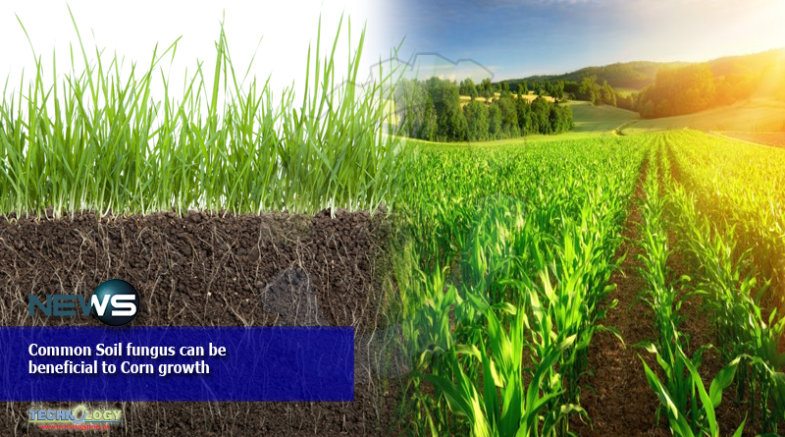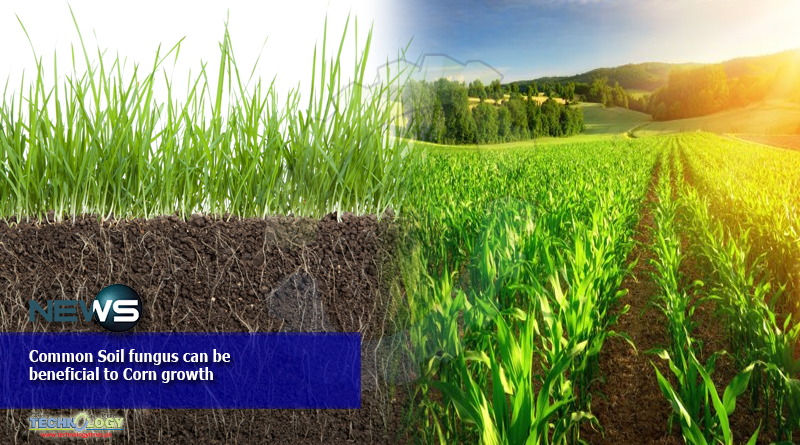A typical soil fungus can be very beneficial to the corn producers because it helps to control pests and increase plant growth.

A typical soil fungus may be enrolled as an amazing accomplice by corn producers to control pest and increase growth, as indicated by Penn State analysts, who propose advancing the growth could be a particularly important procedure for organic producers who battle with bug control.
These decisions were reached after a detailed study of fungus plant interactions in the nursery and lab-based settings. Analysts immunized seeds of corn with spores of Metarhizium robertsii parasite and accordingly assessed corn plants for contagious colonization of leaves and roots. They likewise estimated plant stature, chlorophyll content, over the ground biomass and relative development pace of black cutworm.
“We saw that colonization of corn plants by the parasite M. robertsii advanced plant development and helped the declaration of chose qualities associated with plant barrier in corn,” said lead scientist Mary Barbercheck.
Barbercheck noticed that her exploration bunch in the College of Agricultural Sciences long has known about this parasite and has been “recently following it” since beginning organic production studies in 2003. She realized the growth was dangerous to creepy crawlies, for example, caterpillars on the ground yet turned out to be increasingly intrigued when different specialists showed it was taken up by plant roots.
“I thought about whether there is a great deal of this growth out there, how it is making due in the field and what it is doing, so I extended my work to investigate more on it,” she said. “I happen to work in natural frameworks, as that is the place we’ve been contemplating it. In any case, that doesn’t imply that it isn’t advantageous in customary harvest frameworks, as well.”
Researchers recovered the growth from 91% of corn plants developed from vaccinated seeds, and they distinguished the parasite all the more as often as possible in roots contrasted and leaves. Colonized plants were more noteworthy in plant stature or more ground biomass contrasted with control plants. In taking care of bioassays, the relative development pace of black cutworm was lower on leaves from parasite colonized plants than control plants.
These discoveries, published in Biological Control, are significant, Barbercheck clarified, on the grounds that they show corn cultivators – particularly organic corn producers – that they can profit by dealing with their fields to advance the parasite.
“Since this parasite seems to advance plant development, to help control pests, we have to modify our irrigation practices to help it,” she said. “Next, we need to figure out the amount of the organism is in plants and what the regular contamination level is.”
There is a deficiency of organic feed grains in the United States, Barbercheck noted. She said that could originate from numerous makers expecting that progressing fields to natural is a dangerous suggestion since they don’t have the foggiest idea how to oversee bugs without bug sprays and how to oversee weeds without herbicides. Help from the Metarhizium robertsii parasite may help console them.
